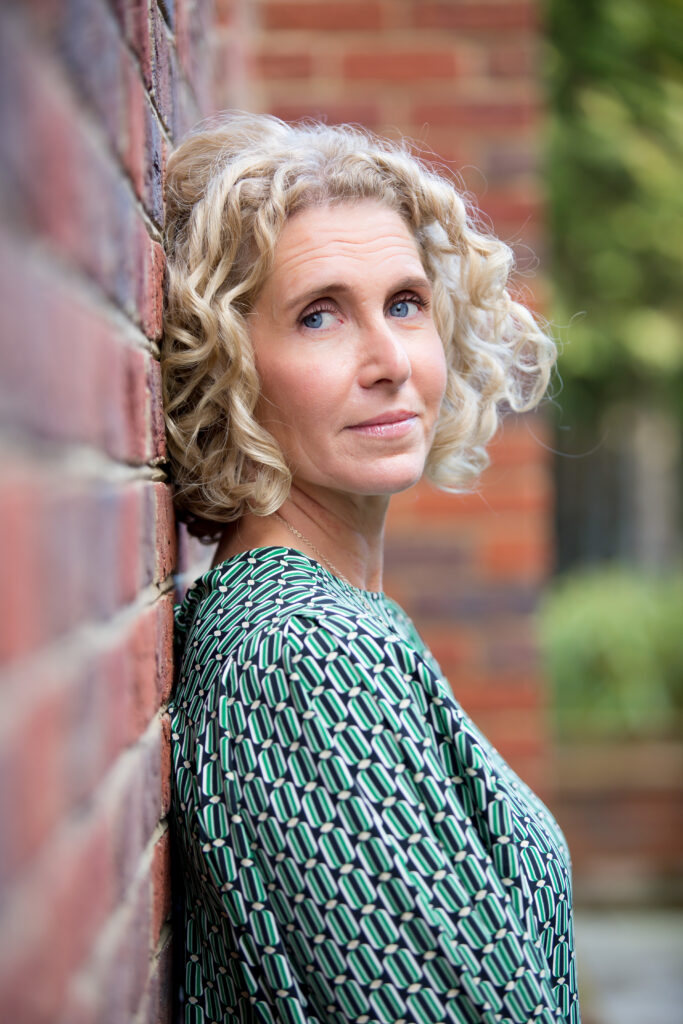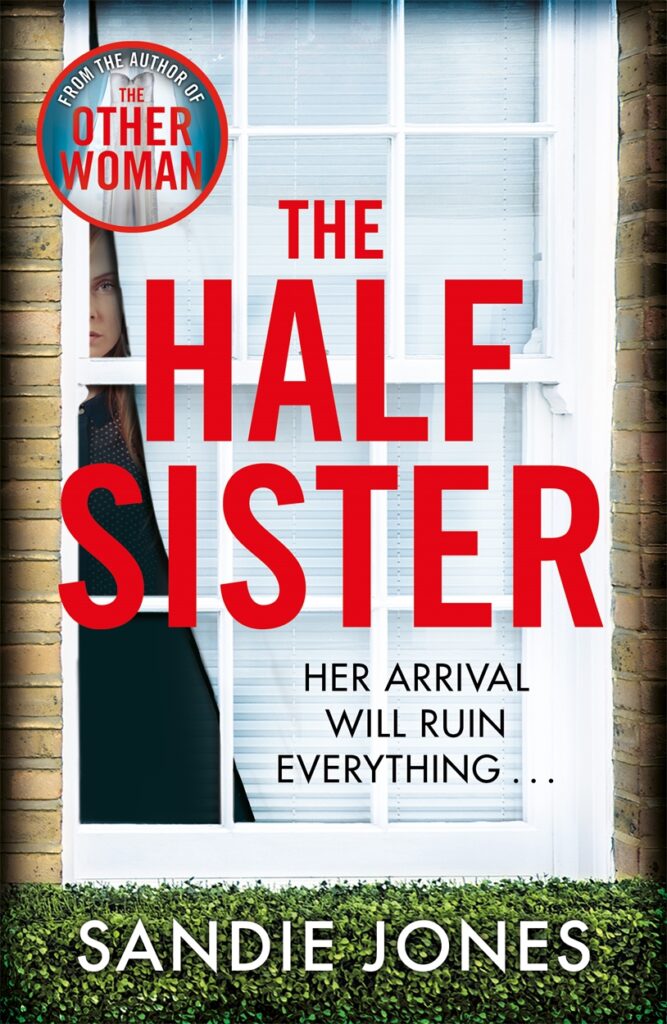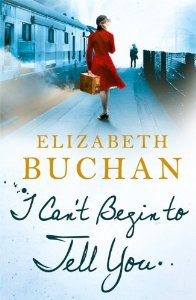 I’ve been a journalist for the past 25 years, interviewing celebrities for national newspapers and magazines. I started writing fiction in 2017, because writing a book was on my bucket list, but I never imagined it being read by my mother, let alone be published and reviewed by thousands!
I’ve been a journalist for the past 25 years, interviewing celebrities for national newspapers and magazines. I started writing fiction in 2017, because writing a book was on my bucket list, but I never imagined it being read by my mother, let alone be published and reviewed by thousands!
My debut The Other Woman was published in 2018 and was a New York Times Bestseller, as well as a Reese Witherspoon Pick. My second novel The First Mistake was published last summer and The Half Sister is out on 25th June.
What is your latest book?
The Half Sister, which is about Kate and Lauren, two sisters who each feel that the other has the perfect life. When a woman turns up, whilst they’re having a family Sunday lunch, claiming to be their half sister, their worlds are turned upside down and it sends them in opposite directions, in their quest for the truth. But neither of them could ever imagine what they’re about to discover.
Please could you tell us a bit about your process of writing?
It’s changed since writing my first book, as I’m no longer doing it just for myself. There are editors and publishers involved now so instead of, quite literally, making it up as I go along, I now have to have a clear idea of what the story is, where it’s going and how best to get there.
Do you plan or just write?
It goes against my natural instinct to plan anything – I love to just write and see where we takes me, but as I say, I do have to have a solid outline of an idea before I start, which involves lots of spider diagrams and boxes on a whiteboard. Though once I get started, it all tends to change anyway!
How do you think about structure?
I used to think that the books I liked to read had one big twist at the end, but since writing myself, I’ve found that actually, reveals are peppered throughout. I tend to drop a bomb of some description at each third, so as to keep the reader interested and engaged.
Is there anything you find hard about writing?
The planning stage is particularly difficult for me as I feel I’m forcing myself to come up with every twist and turn in advance. However, I am learning that it’s good to have a loose structure to work to and I have understanding editors who know that my best ideas are likely to come when I’m writing.
What do you love about writing?
Everything else! I adore creating characters and getting to know them. I’m at the stage with my fourth book where I don’t want to put it down. It feels like I’m reading a story I’m really invested in and can’t wait to get back to it, to see what happens next. I forget that’s down to me to decide and that’s a great feeling!



